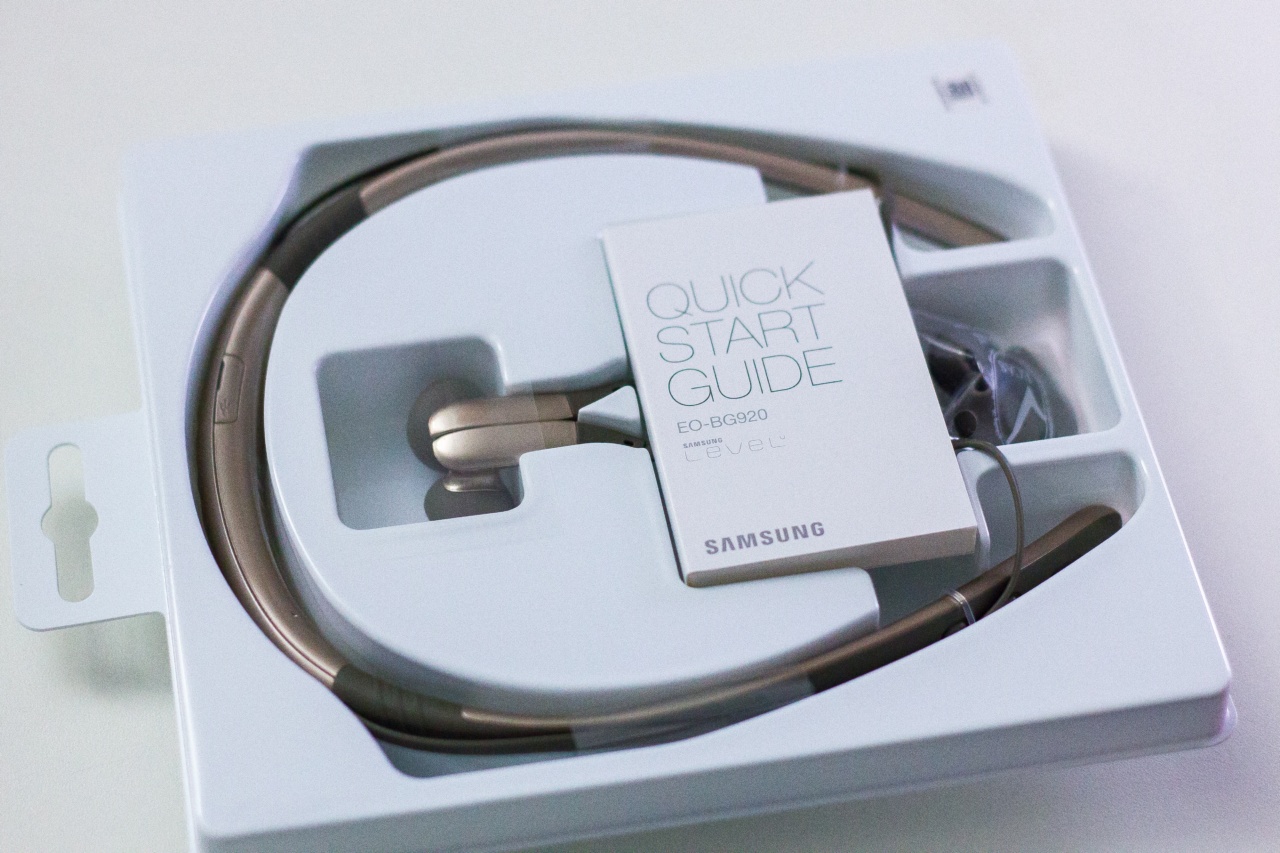Adopting a new kitten can be an exciting and rewarding experience. However, as a new caregiver, it’s crucial to understand the basic needs of your feline friend to ensure their overall health and happiness.
This guide will provide essential information and tips to help you become the best kitten caregiver possible.
Preparing for Your Kitten
Before you bring your new kitten home, there are a few essential things you need to do to prepare for their arrival. Here are some steps:.
Gather Supplies
You’ll need to buy cat food, litter, litter box, bedding, toys, and scratching post. You’ll also need to get a carrier to transport your new kitty home from the shelter or breeder.
Kitten Proofing
Kitten proofing your home could significantly reduce the risk of potential accidents. Kittens are curious creatures, and they may explore items that could harm them.
Ensure that there are no small objects, dangling cords, poisonous plants, or hazardous areas within the kitten’s reach.
Vet Appointment
Arrange a vet appointment for your kitten if they haven’t been vaccinated yet. Schedule a wellness exam for your new kitty to detect any health issues that require treatment.
Feeding Your Kitten
Nutritious food is crucial for your kitten’s overall health and development. Here are some tips:.
Cat Food
Only feed your kitten cat food formulated for kittens. Kitten food contains mandatory nutritional requirements that support optimal growth. Adult cat food won’t meet your kitten’s high energy needs, so it’s not recommended.
Wet food or dry food is up to you, but ensure that your kitten has access to fresh, clean water at all times.
Feeding Schedule
Young kittens may need to be fed more frequently than adult cats. They may need up to six small meals throughout the day. As they grow, you can gradually decrease meals to two or three each day.
Avoid overfeeding your kitten, as obesity could lead to health problems.
Grooming Your Kitten
Grooming is essential for your kitten’s health and hygiene. Here are some tips:.
Bathing
Kittens don’t usually need baths, except in exceptional cases like dirt, dust, or unpleasant odors. Use a mild cat shampoo, and avoid getting soap in their eyes or ears.
Make sure you thoroughly rinse out the shampoo, or it could irritate your kitten’s skin.
Brushing
Regular brushing removes dirt, dead skin, and loose fur, promoting healthy hair growth. Brush your kitten gently with a soft-bristle brush a few times each week.
Nail Clipping
If your kitten has long nails, you may need to clip them. It’s advisable to use a reputable clipper to prevent injuring their delicate claws. If you’re inexperienced, ask your vet to show you how to do it.
Playtime and Socialization
Active kittens need plenty of playtime, mental stimulation and socialization to foster their overall health and wellbeing. Here are some tips:.
Toys
Cats have different preferences for toys, but it’s vital to provide toys that encourage hunting, jumping, and pouncing behaviors. A few good examples include toy mice, laser pointers, feather wands, and balls.
Interactive Playtime
Playing with your kitten is essential for bonding and socialization. You can chase them around or engage them in interactive games like hide-and-seek. Spending time with your kitten also helps them feel more comfortable around you and other people.
Socialization
Socialization is essential for your kitten’s development. Enrolled them in kitten classes, or invite friends to play with them.
Also, gradually introduce them to new experiences like loud noises and new scents, as this can broaden their mental horizons.
Final Thoughts
Being a new kitten caregiver can be challenging, but it’s also rewarding. With the above essential tips and information, you can provide the best life for your furry friend.
Always set up a routine, communicate with your vet regularly, keep your kitten happy, fed, and contented.






























